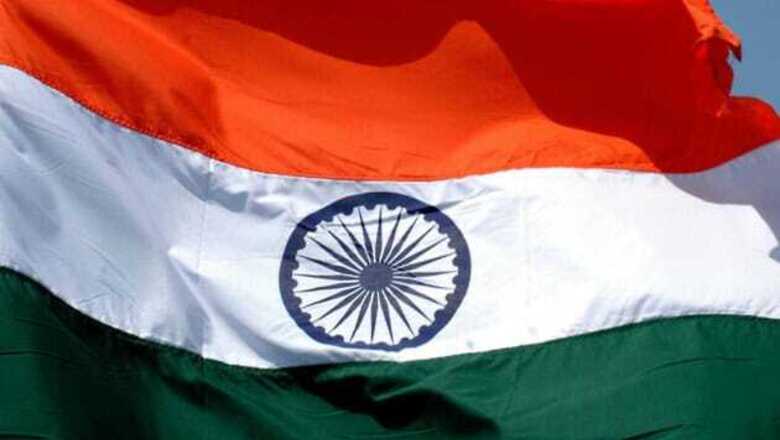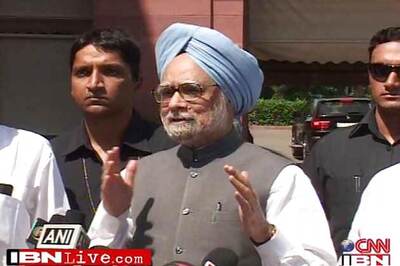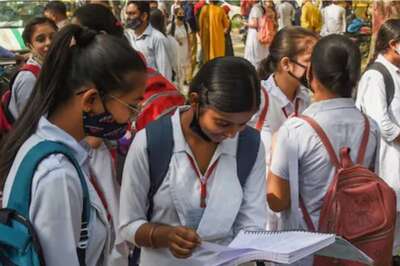
views
Seoul: India is expected to stress that guns, gates and guards do not make nuclear plants secure at the Nuclear Security Summit which began in Seoul as 58 world leaders on Monday began discussing measures to secure all vulnerable fissile materials across the globe.
Prime Minister Manmohan Singh will speak on the interface between nuclear safety and nuclear security in his luncheon address to the summit on Tuesday. He is also expected to underline steps taken by India to make its nuclear installations secure.
"The issue of safety has to be taken care of at the planning stage. Guns, gates and guards do not make a plant secure.
Right at the design stage the zoning has to be done in such a way that access to areas can be easily controlled," Ravi Grover, Senior Adviser, Department of Atomic Energy told.
A key theme at the second Nuclear Security Summit was tackling insider threats to nuclear installations. India is expected to state that such concerns need to be addressed at the stage when a nuclear plant is designed.
"It has to be done in such a manner that a particular person has access to a particular area and not all areas of a nuclear installation," Grover said.
Sources said that the 'insider threat' was more a concern in Pakistan's nuclear installations than in India.
US President Barack Obama opened the Summit this evening with a assurance that the US would further cut its own nuclear stockpiles.
Obama delivered a hard-hitting address in Seoul before the nuclear security summit opened, seeking to build global momentum in the drive to eliminate or safeguard material that could be used to make thousands of bombs.
He also spoke of the dangers of non-state actors getting access to fissile materials, which in turn could be used to make dirty bombs.
Briefing media ahead of the Summit, Foreign Secretary Ranjan Mathai said there was a need to build on many decisions taken at the Summit to ensure that there is greater safety of nuclear materials.
He said the Prime Minister would also underline that nuclear power formed an essential part of the energy mix and public concerns on safety need to be addressed adequately.
"It has to be done in such a way so as to ensure that public concerns and worries are dealt with at the planning stage itself," Mathai said.
Speaking of the need for maintaining "minimum standards of safety", Mathai hoped that all parties to the Convention on the Physical Protection of Nuclear Material would sign and ratify the pact.
"I am happy at the message that India is in the mainstream (on this issue) and has ratified all the necessary protocols," Mathai said.
In his pre-departure statement, Singh pointed out that India was expanding its nuclear power programme to diversify its energy mix and enhance energy security. He said that in order to retain public support for harnessing the benefits of nuclear energy, "We must be able to assure them of the highest levels of nuclear security and safety."
This, he said, is "even more important" after the Fukushima accident in Japan last year.
"India has prepared a national report which will be shared during the Summit," the Prime Minister said, adding he would highlight the high priority India attaches to nuclear security, safety and non-proliferation and its impeccable record in this regard.
Singh said he expected the Seoul Summit to review actions that countries have taken to strengthen nuclear security since the last meet and recommend further steps to enhance the global nuclear security architecture.



















Comments
0 comment